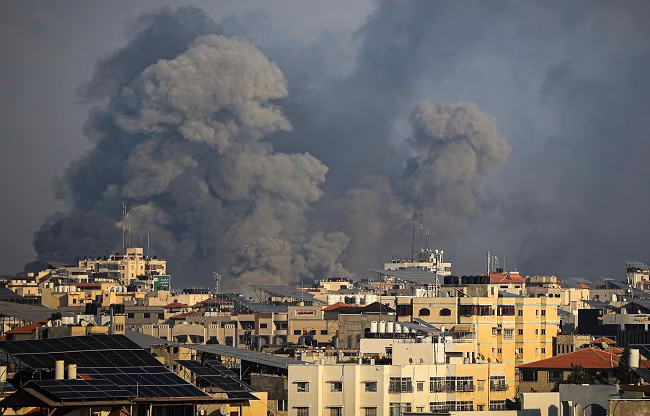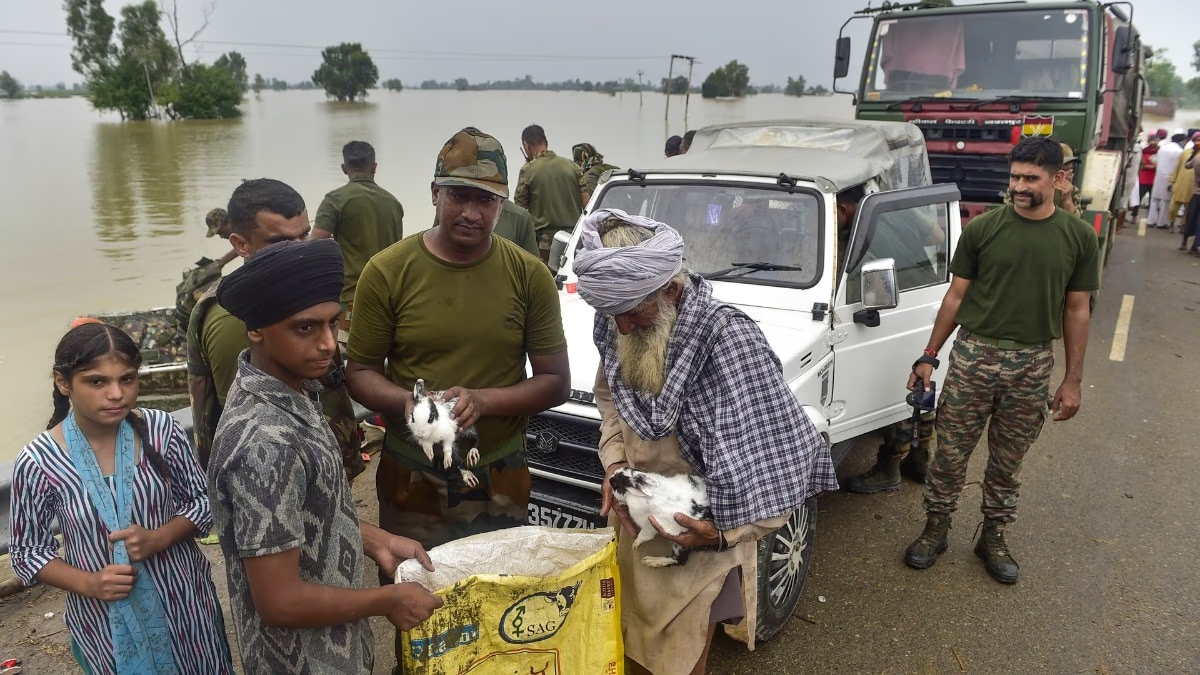The battle between Israel and the Palestinian terrorist organization Hamas will mark one year in October. However, the conflict's impact has already expanded beyond the Middle East, affecting European nations. French leader Gérald Darmanin claimed that since October 7th, over 1,500 racist attacks have targeted Jews. Terrorist groups are also striking others, with similar patterns seen in Germany and other places.
Germany Feels the Impact
At the end of August, the Festival of Diversity in Solingen, Germany, saw a stabbing incident, resulting in three deaths and eight injuries. The Islamic State claimed responsibility, stating the attack was retaliation for the rights of Palestinians and other Muslims. Since October 7th, extremist attacks have surged across Europe. On the same day as the German attack, two explosions occurred outside a Jewish religious site in La Grande-Motte, France.
Ongoing Suspect Arrests
In August, famous singer Taylor Swift's concert in Vienna was canceled due to the threat of a terrorist attack. This wasn't just speculation; two suspects connected to the Islamic State were apprehended, admitting plans to target large groups. Subsequently, the concert was halted. Similar threats were anticipated during the Paris Olympics, prompting significant security spending by France. Fortunately, the football championship and other major events went off smoothly.

Source: aajtak
Major Attacks on These Countries
In May, during a rally in Mannheim, Germany, a security officer was killed, and five were injured in a stabbing. This attack targeted the leader of a group criticizing Islam, Pax Europa. Russia wasn't spared either. In March, Russia's Crocus City Hall was attacked, marking one of the country's most significant terrorist incidents. Gunmen stormed a music concert, killing nearly 150 people and setting the building on fire. The Islamic State acknowledged that four of its members executed the attack.
Why Are Attacks Increasing?
Any instability in the Middle East invariably affects Europe. The region has been mired in conflicts for decades. Even when not battling other nations, internal factions clash. As a result, people flee to European countries such as Germany, France, or Italy. Initially, this influx is manageable, but as the population grows, tensions between natives and refugees escalate, often seen in France.
Tactics of Terrorist Organizations
The Islamic State exploits Europe's growing loneliness and fractured families. Militants stationed in Europe target young individuals, manipulating them into adopting extremist ideologies. Consequently, even those with Western mindsets align with Islamic radicals. According to Europol, around 6,000 Europeans have left their countries to join the Islamic State in Syria or Iraq. Youths from France, Germany, and the United Kingdom are the most common recruits.

Source: aajtak
While the Islamic State has been officially dismantled in Syria and Iraq, its ideology has spread to many countries. Now, they incite attacks via the internet, often carried out by individuals or small groups, similar to incidents in Russia and France. The advantage for the Islamic State is that these operatives have no direct links to leaders, reducing the risk of capture and exposure.
Measures to Curb Stabbings
Recently, German Interior Minister Nancy Faeser announced plans to ban knives or sharp weapons at crowded events or concerts. Additionally, refugees without documentation will receive minimal support to discourage them from engaging in such crimes.
Online Hate Speeches on the Rise
Since October 7th, attacks on Europe have increased, and specific religious groups are targeted. In France, over 1,500 attacks have targeted Jews within ten months, more than three times the total in 2022. In the Netherlands, attacks have surged over 800 times. Jewish religious sites in Vienna, Austria, also faced attacks. Immediately after October 7th, online attacks on Jews rose by 1,000 times, while the Muslim community also faced online hate.




